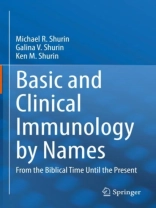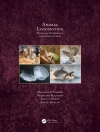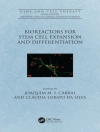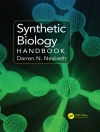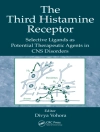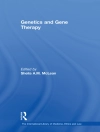Hundreds of eponyms are used within the field of immunology—Petri dish, Crohn’s disease, Bence Jones protein, Kupffer cells, Freund’s adjuvant, Ouchterlony immunodiffusion, to name just a few—but most of us don’t know much about the individuals who gave their names to these terms. Where were they born and educated, what other accomplishments are they credited with, why has history chosen to remember them, or not?
This book presents the first comprehensive collection of immunologic eponyms, and through them tells the story of this fascinating field, from its earliest beginnings to present day. Organized by surname and meticulously cross-referenced and indexed, this book offers historical anecdotes and little-known facts which scientists, clinicians, students, and general readers will find captivating and memorable. A one-of-a-kind introduction to immunology that serves as both a history lesson and current reference on the diseases, treatments, and individuals who have been crucial to this field.
Mục lục
A.- B.- C.- D.- E.- F.- G.- H.- I.- J.- K.- L.- M.- N.- O.- P.- Q.- R.- S.- T.- U.- V.- W.- Z.
Giới thiệu về tác giả
Michael Shurin, MD, Ph D, Professor of Pathology and Immunology, Medical Director of Clinical Immunopathology of the University of Pittsburgh Medical Center. The goal of Dr. Shurin’s research program is to contribute to the identification of factors and mechanisms that regulate cellular interactions in the pre-malignant niche, tumor microenvironment and pre-metastatic niche focusing on immune regulatory cells and neuroglial elements. The goal of Dr. Shurin’s clinical program is to update and improve clinical laboratory immunology tests and assays, and to develop novel tests and methods required by our clinical needs. This includes development and validation of novel tests for assessing SARS-Co V-2 infection. Dr. Shurin has broad background in biochemistry, immunology and oncology, with advanced training and specific expertise in clinical immunopathology, cellular and molecular immunology, and animal tumor models. For more than 35 years he has beenconducting research in the field of clinical and experimental immunology with almost 20 years devoted to the mechanisms of immune regulation in cancer and novel approaches to immunotherapy. More than 220 publications, four edited books, 12 organized international conferences, plentiful invited talks, intensive teaching in the USA and abroad, and many successful domestic and international collaborations might serve as evidence of a productive research career and professional integrity in all endeavors.
